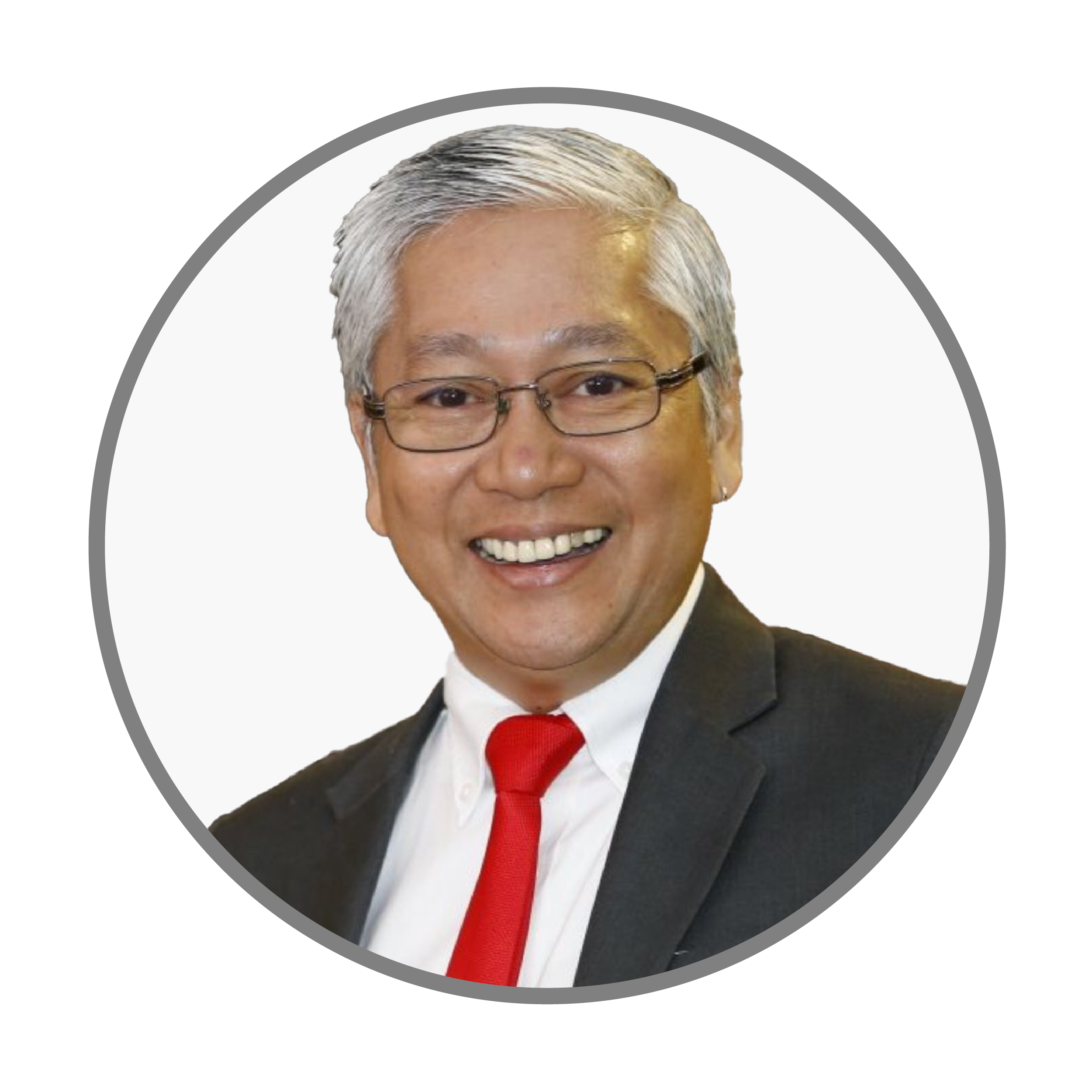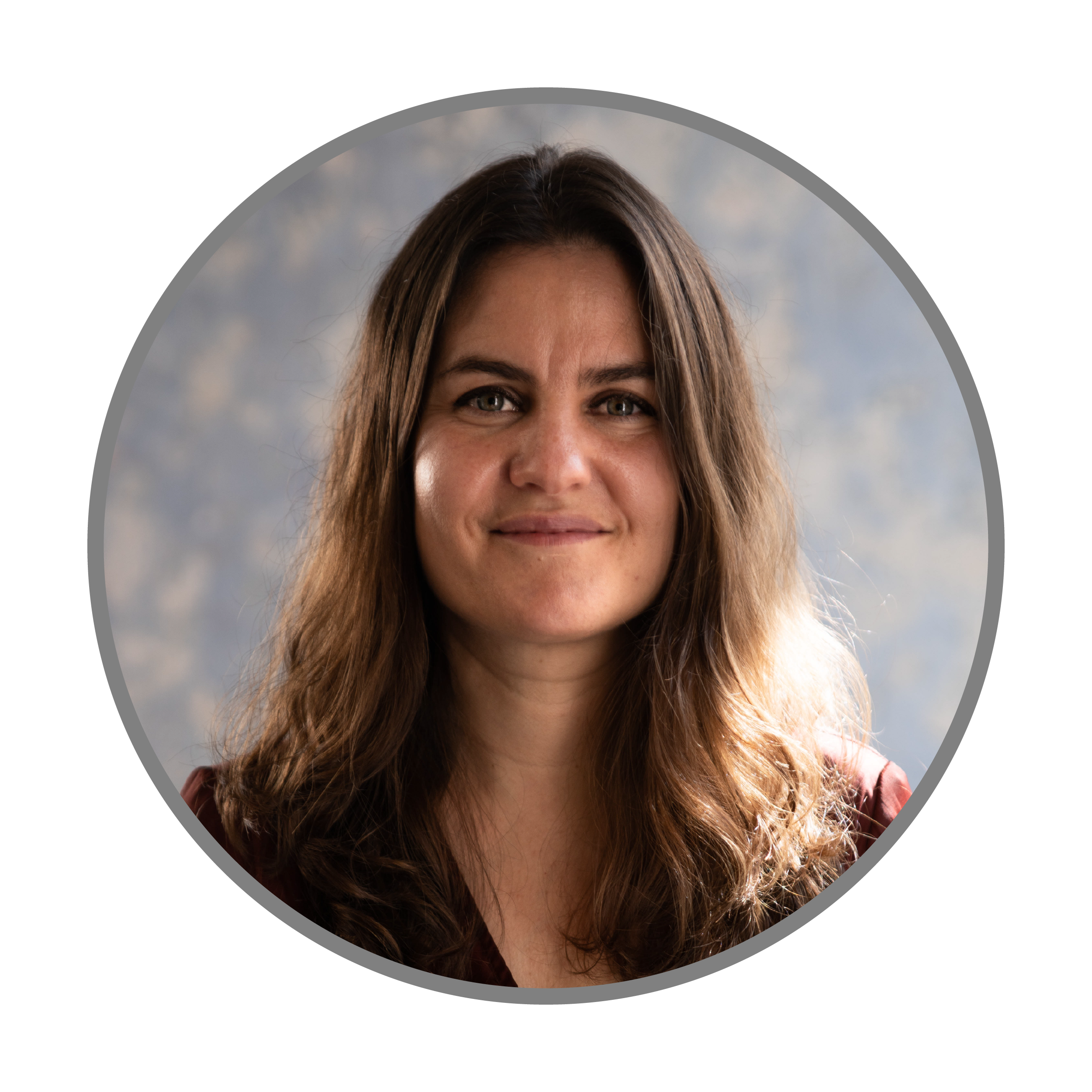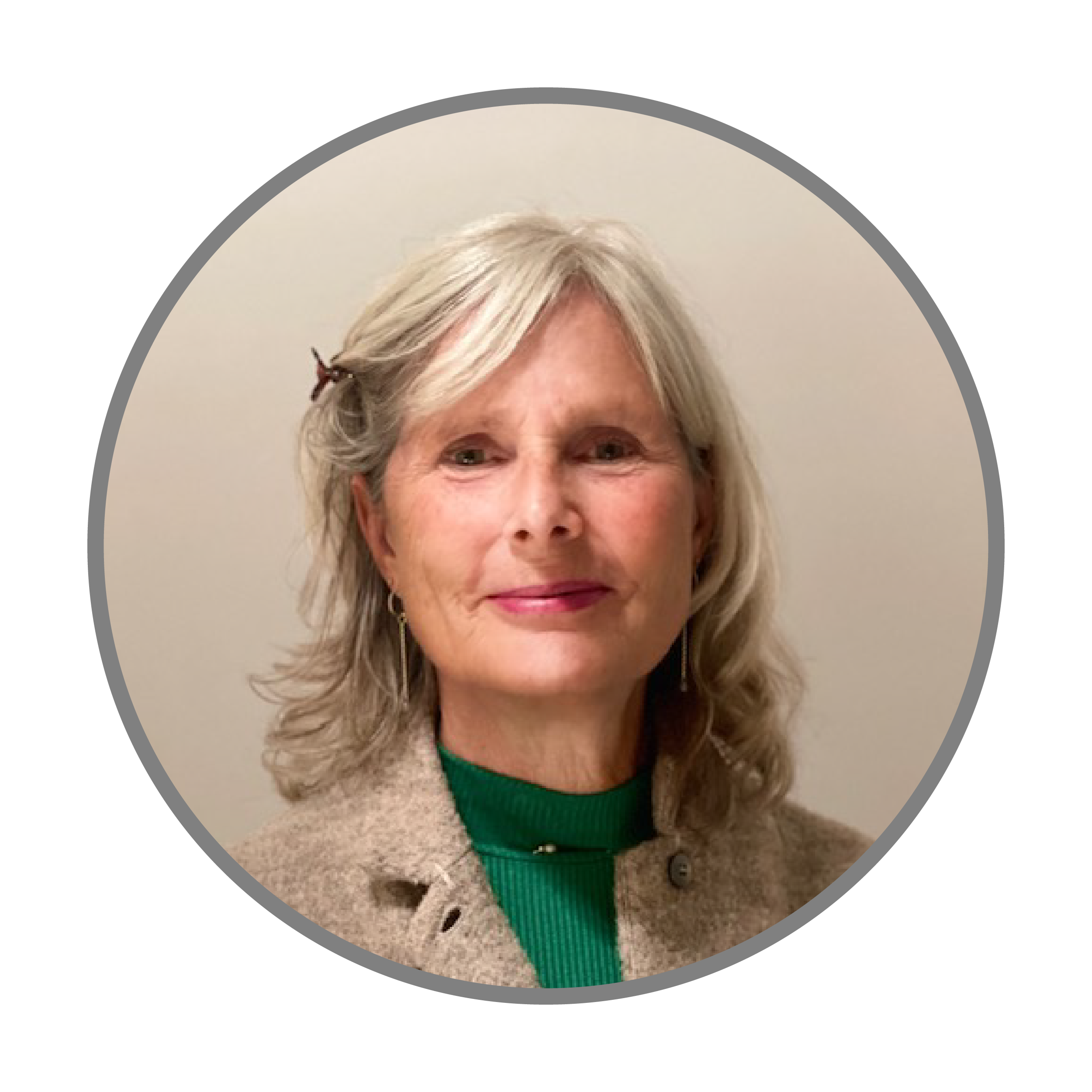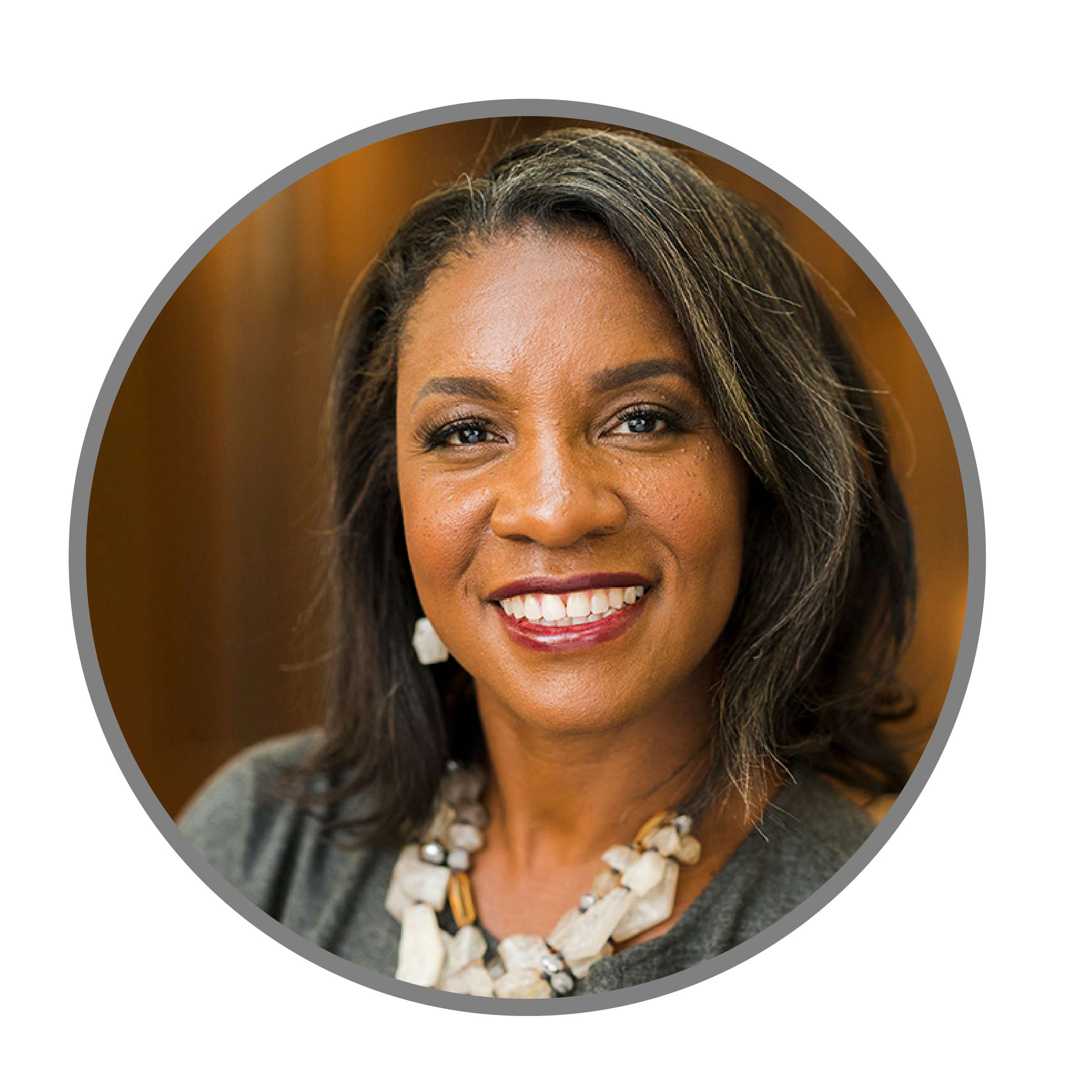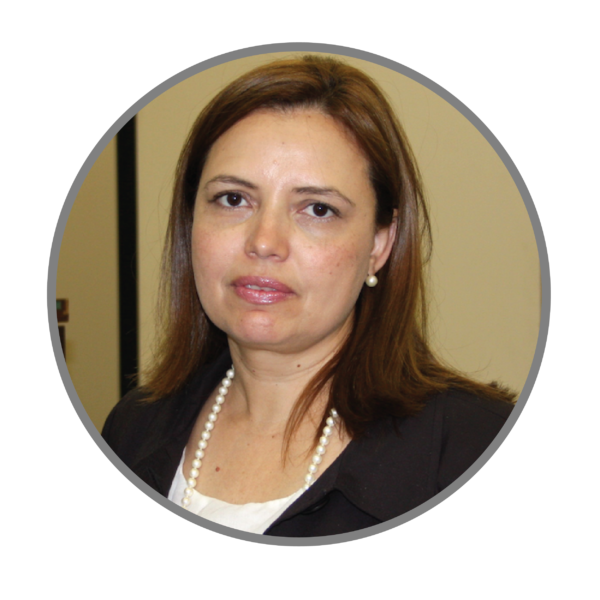Ambet Yuson is the General Secretary of the Building and Wood Workers’ International (BWI), a Global Union Federation representing 12 million workers in building and construction, allied materials and forest industry workers affiliated to 361 trade unions in 115 countries across the globe.
As General Secretary, Ambet led the global dialogue and negotiation with leading construction, wood and forestry multinational enterprises for an international framework agreement committing them to comply with the ILO Fundamental Principles and Rights at Work; the OECD Guidelines on Multinational Enterprise and the UN Guiding Principles on Business and Human Rights.
Since 2009, Ambet also led the global campaign on labor rights in mega-sporting events, including the FIFA World Cup in South Africa, Brazil and Russia; and the Olympics in London, South Korea, Tokyo and France, which included conducting organizing campaigns and labour inspections on stadia construction sites. In Qatar, the host nation for the 2022 FIFA World Cup, he developed innovative organising strategies and represented migrant construction workers in the BWI-Qatar Supreme Committee Agreement on Health and Safety Joint Inspection, which eventually led to national labor reforms. He served as a member of the FIFA Human Rights Advisory Board (2017-2021); and a member of the Advisory Council of the Center for Sports and Human Rights.
As member of the Council of Global Unions, he chairs the Working Group on Migration and represents the global unions in the UN Global Migration Network and the GFMD. He leads the Construction and Forestry Sectoral Tripartite Experts Meetings at the International Labor Organization.
Ambet represents BWI in various engagements advocating labor rights with the World Bank, ADB and other regional development banks; with the WEF Infrastructure Group; with the various certification bodies such as the FSC, PEFC (for wood and forestry) and the Blue dot Network (for infrastructure); and with the C40 and the built environment networks on just transition and green jobs.
Prior to his international work, Ambet was a labor organizer and a democracy activist during the Marcos dictatorship in the Philippines. Later, Ambet served as General Secretary to the National Peace Conference (NPC), a multi-sectoral coalition of people’s organisations, trade unions and civil society organizations in the Philippines advocating for genuine peace and social reform, which resulted in the adoption of the Anti-Poverty Agenda of the Ramos government.
